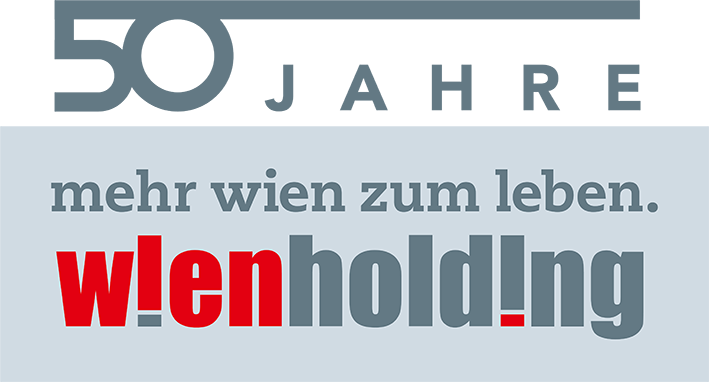
1980: The Jewish Welcome Service Vienna is founded on 17 December.
1981: The JWS starts work. It hosts representatives of Jewish youth organisations in Israel, the UK and the USA whose parents were driven out of Vienna by the Nazis in 1938. It also holds a meeting of representatives of Hungarian-Jewish communities in Vienna, and organises a teacher training course in Israel. The JWS assists in the preparation of a media kit by the ORF and the Ministry of Education, and a school students’ historical research programme.
1982: A World Union of Jewish Students meeting is held in Vienna.
1984: The “Versunkene Welt” (“Sunken World”) exhibition is held at the Vienna Künstlerhaus (design by Joachim Riedl), accompanied by a film week and a symposium.

1985: The World Jewish Congress is held in Vienna. The JWS arranges an Austrian-Israeli student exchange including accommodation with host families in the respective countries.
1986: A ceremony in honour of the 35th anniversary of the foundation of the Das Jüdische Echo is held at Vienna City Hall.
1988: The Heritage and Mission – Jewish Vienna exhibition, to mark the commemorative year, opens in Vienna. During the autumn of 1988 it is also staged in New York, Miami, Los Angeles and Chicago. The Living History programme takes 170 students from Vienna secondary schools to Israel together with teachers and other accompanying persons.
1989: The Welcome to Vienna programme invites 100 young persons from the USA whose grandparents driven out of Vienna, heralding annual invitations to exiled Jews to visit Vienna.

© Landesbildstelle / Media Wien)
1990: Meeting with representatives of Jewish communities from the Czech Republic, Hungary and Yugoslavia. The JWS launches a research project on the History of the Galician Jewry in cooperation with the Ministry of Science and Art.
1991: A brochure entitled Jewish Heritage in Central Europe is produced in cooperation with the Jewish communities of Bratislava and Budapest. The Jewish Heritage exhibition tours the USA.
1992: An essay competition for young people, held in cooperation with the X-Large teenagers’ TV programme and Das Jüdische Echo, prompts impressive entries on current affairs. The Dr. Karl Renner Prize is awarded to Leon Zelman. He donates half of the prize money to the Association for Sinti and Roma and contributes the other half to the construction of the Hall of Encounter in Jerusalem.
1993: The JWS organises and coordinates 10 trips to Israel for the winners of the X-Large competition.

